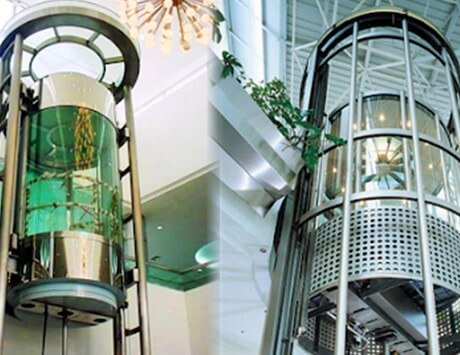
Hydraulic elevators offer an effective solution for vertical transportation, known for their smooth operation and efficient performance. Hydraulic elevator supplier are central to this sector, ensuring the design, manufacture, and maintenance of these systems meet high standards. This article delves into the role of hydraulic elevator suppliers, the advantages of hydraulic elevators, and highlights some leading suppliers in the industry.
The Role of Hydraulic Elevator Suppliers
Hydraulic elevator suppliers are specialized firms that provide hydraulic elevator systems for various building types, including residential, commercial, and industrial structures. Their core responsibilities include:
- Design and Customization: Suppliers work closely with clients to design hydraulic elevators tailored to specific needs and architectural requirements. This includes customizing the elevator’s dimensions, cab finishes, and control systems to fit the design and functional needs of the building.
- Manufacturing: Suppliers oversee the production process of hydraulic elevators, ensuring that they are built with high-quality materials and advanced technology. This involves assembling key components such as hydraulic cylinders, pumps, and control systems to ensure reliable and efficient operation.
- Installation: Proper installation is crucial for the safety and efficiency of hydraulic elevators. Suppliers manage the installation process, ensuring compliance with industry standards and building codes. This step is essential to ensure the elevator operates safely and effectively.
- Maintenance and Support: Ongoing maintenance and technical support are vital for the longevity of hydraulic elevators. Suppliers offer routine maintenance services, emergency repairs, and technical support to keep the elevators in optimal working condition.
Advantages of Hydraulic Elevators
Hydraulic elevators offer several benefits that make them a preferred choice for many applications:
- Smooth and Quiet Operation: Hydraulic elevators are known for their smooth and quiet ride. The hydraulic fluid system helps minimize noise and vibrations, providing a comfortable experience for passengers.
- Space Efficiency: These elevators do not require a separate machine room, as the hydraulic equipment can be integrated into the building’s existing structure. This space-saving feature is particularly useful in buildings with limited space.
- Energy Efficiency: Hydraulic elevators are often more energy-efficient, especially for low to mid-rise buildings. They typically consume less energy compared to other elevator types, particularly when serving short distances.
- Low Maintenance: With fewer moving parts compared to traction elevators, hydraulic elevators generally require less maintenance. This results in lower operational costs and reduced frequency of service interruptions.
Leading Hydraulic Elevator Suppliers
Several prominent companies are recognized for their expertise in hydraulic elevator systems:
- Otis Elevator Company: As a global leader, Otis offers a wide range of hydraulic elevators known for their reliability, advanced technology, and durability. Their products are designed for various applications, from residential to commercial buildings.
- Thyssenkrupp: Thyssenkrupp is renowned for its innovative elevator solutions. Their hydraulic elevators are designed to deliver smooth performance and can be customized to meet specific client requirements and building needs.
- KONE: KONE focuses on sustainability and energy efficiency, providing hydraulic elevators that incorporate modern design and technology. Their products meet contemporary standards of performance and environmental responsibility.
- Schindler Group: Schindler offers a variety of hydraulic elevators suitable for different building types and applications. Their elevators are known for their reliability, innovation, and user-friendly features.
Industry Trends and Future Outlook
The hydraulic elevator industry is evolving, driven by technological advancements and a focus on sustainability. Key trends include:
- Integration of Smart Technology: Modern hydraulic elevators increasingly feature smart technology, such as remote monitoring and control systems. These innovations enhance performance and provide real-time data on elevator operations and maintenance.
- Emphasis on Energy Efficiency: There is a growing focus on developing energy-efficient hydraulic elevators to reduce energy consumption and environmental impact. Suppliers are investing in innovations to improve overall efficiency and sustainability.
- Customization and Flexibility: The demand for customized elevator solutions is rising. Suppliers are offering more options for bespoke designs, finishes, and features to meet the unique needs of different buildings and clients.
Conclusion
Hydraulic elevator supplier play a crucial role in the vertical transportation industry by providing reliable and efficient elevator solutions. Their expertise in design, manufacturing, installation, and maintenance ensures that hydraulic elevators meet the diverse needs of modern buildings. As the industry continues to advance, hydraulic elevator suppliers will remain essential in delivering innovative solutions that enhance accessibility, performance, and sustainability.